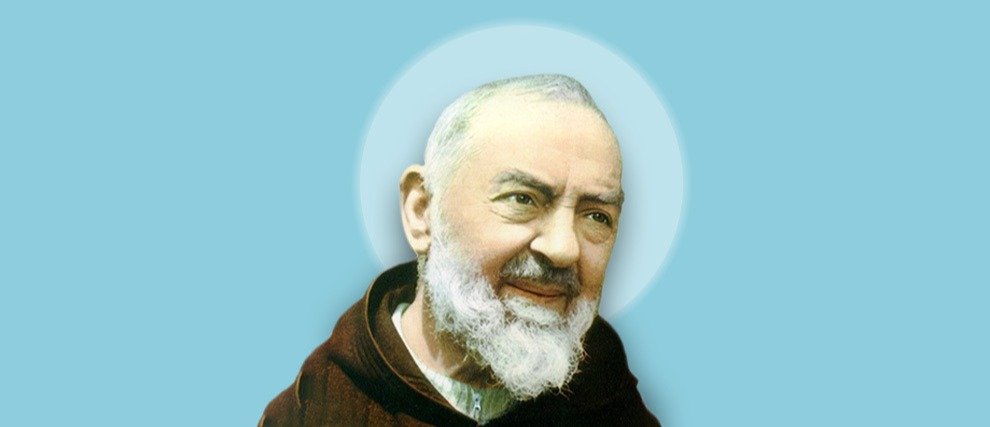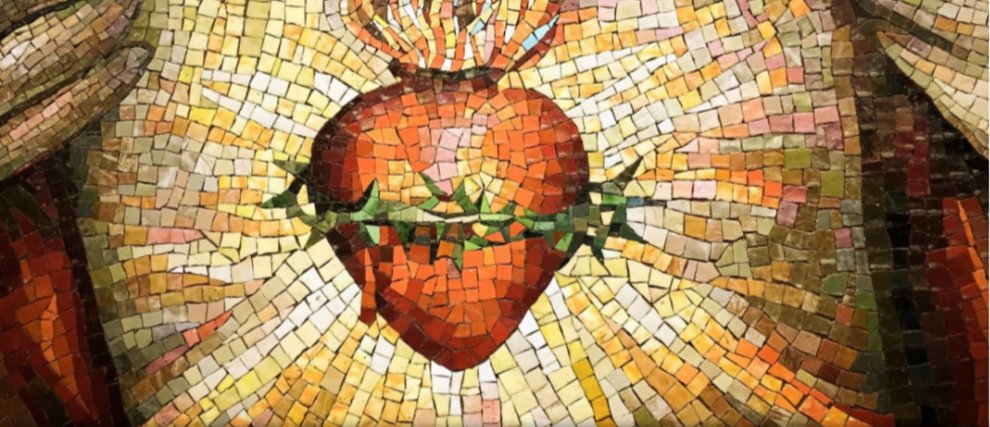Origen
“It is better to die on the way to a too-high ideal than not to leave at all.”
Born in Alexandria in 185, Origen was the son of a Christian martyr beheaded before his eyes. He quickly had to start working to take care of his family. He followed the teachings of the Catechetical School of Alexandria and became a brilliant theologian. He settled and preached later in Caesarea, in Judea, but suffered, like his father, from new Roman persecutions and died shortly after being tortured. Discover the Fathers of the Church and all the blessed men and women of the Church in the guide to saints).
Biography of Origen
Origen was born in the year 185 in Alexandria, a city highly renowned at the time as the center of wisdom and philosophy. His father, Leonides of Alexandria, a devout and educated Christian, raised his seven or eight children in the Christian tradition, before being beheaded in front of his son Origen, who was then 17 years old. Origen reportedly wanted to follow his father in martyrdom, but was stopped by his mother. Shortly after, to support his family, he opened a grammar school. Concurrently, he studied at the theological school of Alexandria and became acquainted with the ideas of Clement of Alexandria and Plato. He was among the first to bridge Greek philosophy and Christianity, viewing the latter as a true philosophy based on scriptural exegesis. He emphasized the importance of asceticism to the extent of self-castration as a means to resist temptations. Perhaps he took literally the passage from the Gospel of Saint Matthew (19, 12): “There are eunuchs who have made themselves eunuchs for the sake of the kingdom of heaven.” He then began teaching what he termed “Christian philosophy,” which started to shine. Distinguished figures such as the governor of Arabia and the mother of Emperor Alexander Severus sought to meet him. He traveled to Rome, Antioch, Arabia, and Palestine. While in Caesarea, he was ordained a priest by Bishop Theoctistus, leading to the anger of the Bishop of Alexandria who denounced the new servant of God's heretical views and ordination of a eunuch. Consequently, he was excommunicated and banished from the diocese of Alexandria. He settled in Caesarea in 232 and journeyed to Athens, Nicopolis, and Nicaea. It was in Caesarea that he produced the majority of his work, focusing on biblical exegesis. He established a school there, with Gregory Thaumaturgus as one of his pupils, and authored numerous works, most of which are now lost. During the persecutions of Emperor Decius, he was imprisoned and tortured. He passed away shortly after due to complications from his injuries, around 253. Throughout his life, he had longed for martyrdom:
“If God would allow me to be washed in my blood, thus receiving the second baptism after accepting death for Christ, I would certainly depart from this world... But those who deserve these things are blessed.”
However, three centuries later, his work would be controversial, especially his theses on the preexistence of the soul, on the subordination of Jesus to his father, and on the final restoration of all things to their original state (apocatastasis). His theses were condemned under Emperor Justinian at the Councils of Constantinople in 543 and 553. He would, however, be rehabilitated, and his work remains a major reference in Christianity, due to the extent and quality of his biblical exegesis, admired by Saint Thomas Aquinas and many others.
In a general audience on April 25, 2007, Benedict XVI praised him in these words: Origen of Alexandria is truly one of the most influential figures in the development of Christian thought. He inherits the legacy of Clement of Alexandria, (...) and propels it towards the future in such an innovative way that he marks an irreversible turning point in the development of Christian thought. He was a true “master”, (...) not only a brilliant theologian, but also an exemplary witness of the doctrine he imparted: “He taught,” wrote Eusebius of Caesarea, (...) “that conduct must precisely match words, and it was primarily for this reason that, aided by the grace of God, he inspired a great number of individuals to follow his example” (Hist. Eccl. 6, 3, 7).”
Works by Origen
Against Celsus
On Principles
Commentary on the entire Holy Scripture
On Prayer
Exhortation to Martyrdom
Homilies on Genesis
Quotes from Origen
“As long as we are here on earth, it is as if we are in the potter's hand: if the vase falls from his hands, he can remedy it and make it again.”
“Do you think these are fables and that the Holy Spirit tells stories in the Scriptures? It is an instruction for the souls and a spiritual doctrine that shapes and teaches you to come every day to the wells of the Scriptures, to the waters of the Holy Spirit, to draw from them constantly and to bring back home a full container.” “Blessed are the eyes that see the divine Spirit hidden within under the veil of the letter; and blessed are those who lend to this hearing the pure ears of the inner man.” “Therefore, one must take the Word of God as a well, if it hides a profound mystery, or as a source, if it overflows and flows in favor of the peoples.” “Everything that is not expressed is impressed.” “Anne said: My soul rejoices in the Lord (1 Kings 2:1). It was necessary for her to add: in the Lord, for there is a rejoicing that is not in the Lord. Likewise, it is said: Rejoice in the Lord (Ph 4:4), for one can rejoice in carnal things and not in the Lord. If I rejoice because I have found a visible treasure, it is a joy of the flesh, and it is not in the Lord. If I rejoice because men praise me, perhaps even without deserving it, that is not rejoicing in the Lord; if I rejoice in perishable and transitory things, none of this produces a commendable joy. On the contrary, if I rejoice in having been judged worthy to suffer injustice for the name of the Lord, this joy is in the Lord because he said about this: Rejoice and be glad, for your reward is great in heaven (Mt 5:12).”
Develop your knowledge of the Bible with Hozana
Following the example of Origen, a great theologian, Hozana offers you to deepen the Bible with various communities, such as:
every other day
Origen was also a great mystic. Hozana offers you many opportunities to be more contemplative, such as:
, , as well as retreats and novenas.
